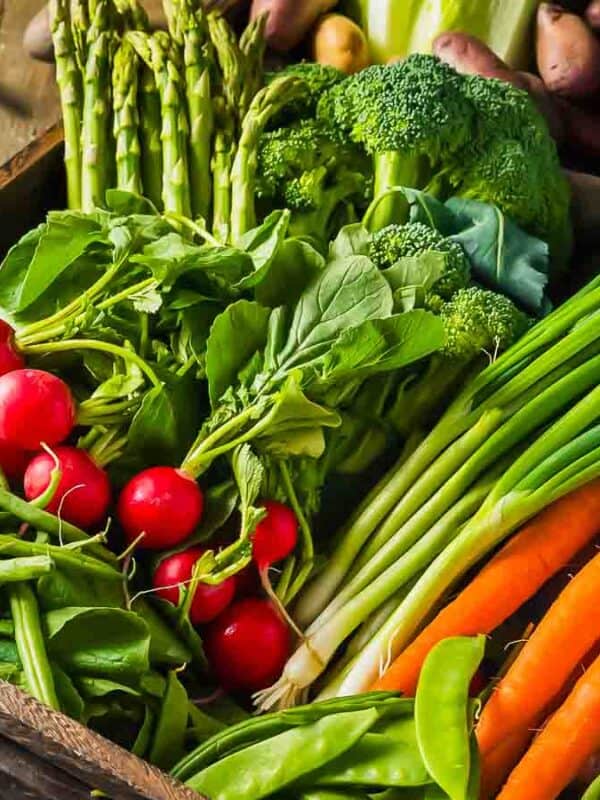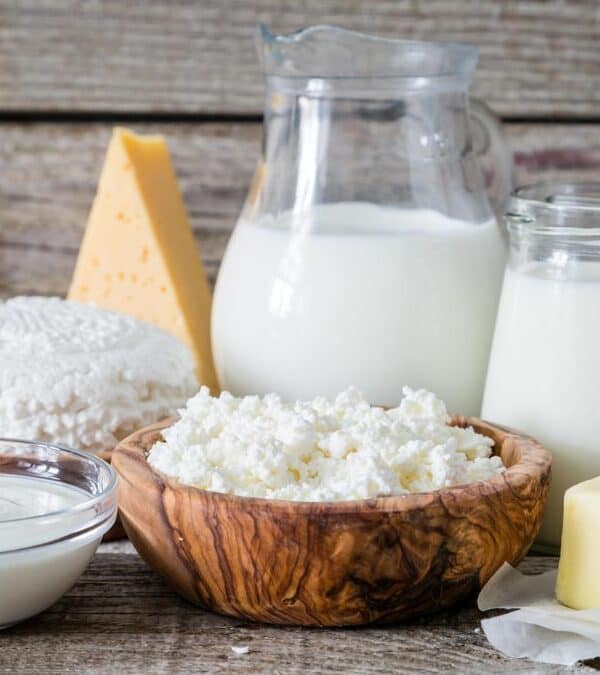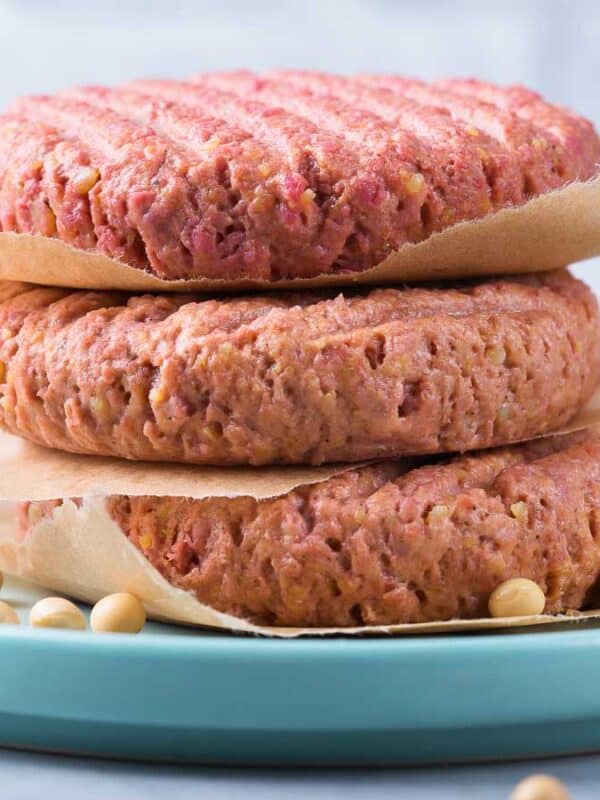Are you trying to keep your blood sugar in check but not seeing the results you expected? You might be surprised to find that some popular diet tips don’t actually help as much as they claim. We’ll break down seven common diet strategies that might be doing more harm than good so you can get to the truth about what really works for managing your blood sugar.
*The content of this article is not intended as medical advice.

Eating Frequent Small Meals

The idea that eating small, frequent meals boosts metabolism and controls blood sugar levels has been popular. However, for some people, this can lead to constant insulin spikes rather than helping maintain a balanced blood sugar level.
Switching to Diet Soda

While diet soda doesn’t contain sugar, the artificial sweeteners used can still trigger insulin responses and potentially disrupt how your body normally processes sugar, which might not help in controlling blood sugar levels.
Using Fat-Free or Low-Fat Products

These products are often perceived as healthier, but they can contain as much or even more sugar than their full-fat counterparts. This can result in higher blood sugar levels post-consumption.
Cutting Out All Fats

Fats can actually help slow the absorption of sugar into your bloodstream, providing a more steady energy release. Removing all fats from your diet might cause quicker spikes and drops in blood sugar levels.
Relying Solely on Glycemic Index

While the glycemic index can be a useful tool, it doesn’t take into account the quantity of food eaten or how foods are combined. This can lead to misleading conclusions about a food’s impact on blood sugar management.
Consuming Large Amounts of Fruit
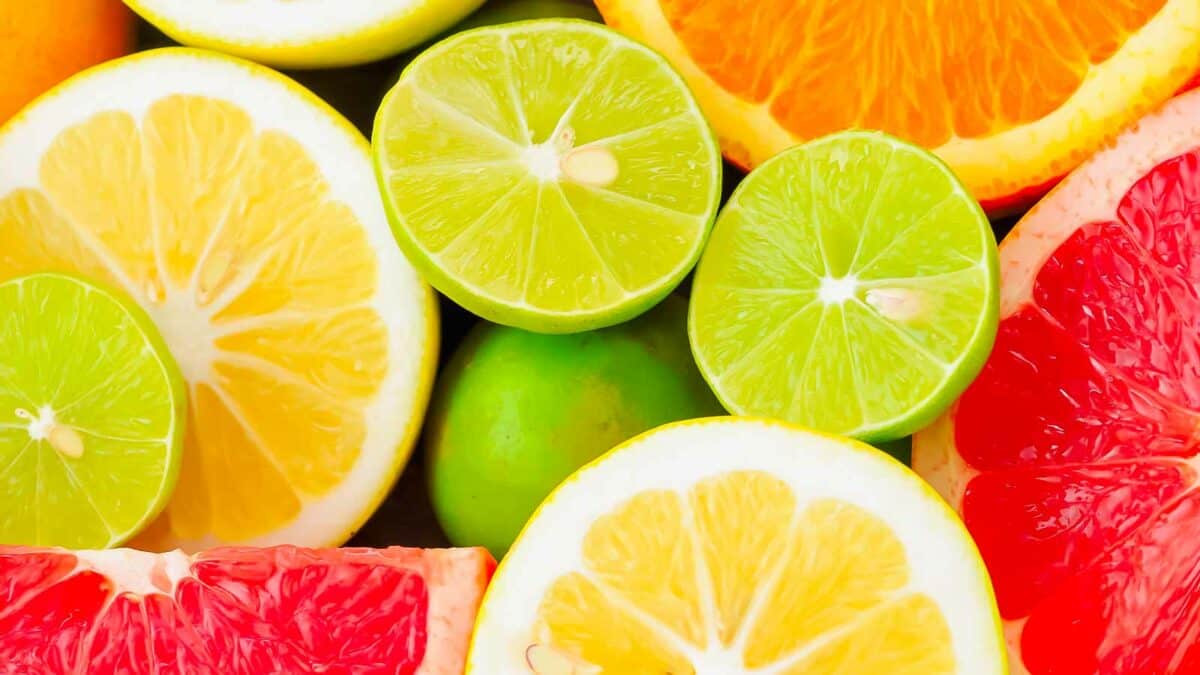
Fruit is healthy, but it is also high in natural sugars. Eating large quantities, particularly of high-glycemic fruits like pineapples and bananas, can cause blood sugar levels to rise.
Detox Juices
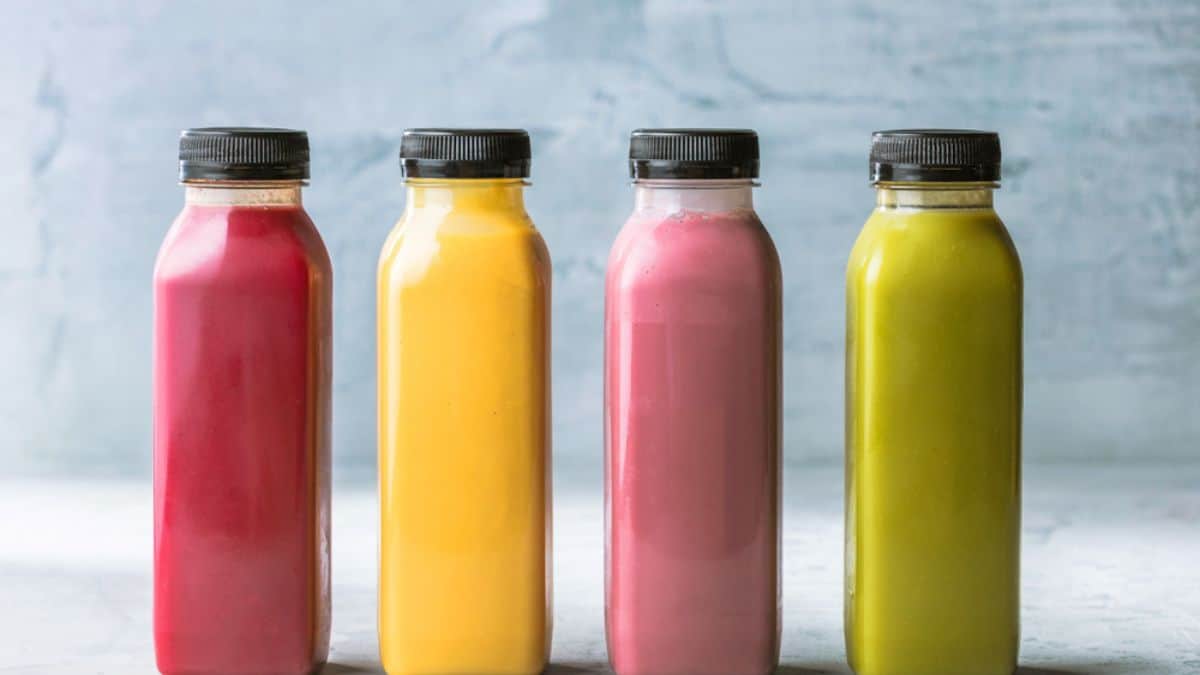
These are often touted for their supposed health benefits, including blood sugar control. However, detox juices typically remove fiber and concentrate sugars, which can lead to rapid spikes in blood sugar.
The 13 Most Overrated Health Foods On The Market

It’s easy to get swept up in the latest health food trends, with promises of transformative benefits and nutritional superiority. However, not all that glitters is gold in the world of wellness. Let’s take a closer look at some of the most overhyped health foods on the market, revealing the less-discussed downsides that might make you rethink your choices. From hidden sugars to misleading labels, we’re peeling back the curtain on these popular products.
Read it Here: The 13 Most Overrated Health Foods On The Market
9 Reasons Why You Should Think Twice Before Eating Quinoa Again
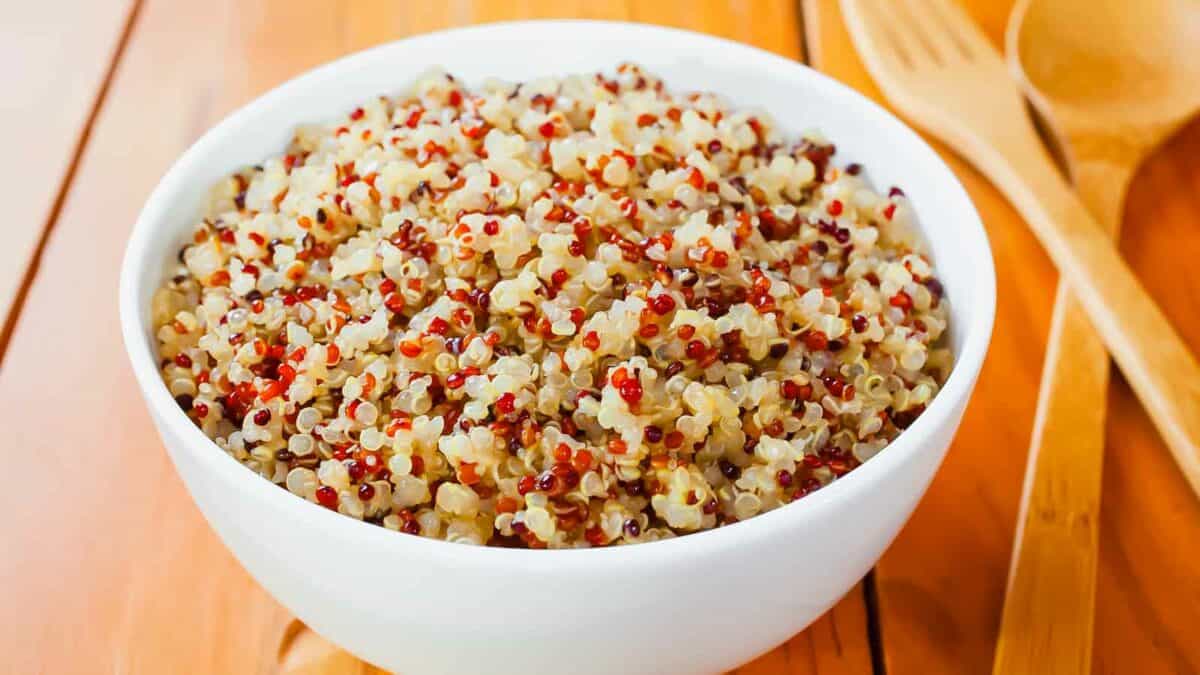
Quinoa might not be the superfood you think it is. While it’s celebrated for its nutritional benefits, there are several downsides from environmental impacts to health drawbacks that often go overlooked. Take a closer look at why you might want to reconsider making quinoa a regular part of your diet.
Read it Here: 9 Reasons Why You Should Think Twice Before Eating Quinoa Again
Select images provided by Depositphotos.
Gina Matsoukas is an AP syndicated writer. She is the founder, photographer and recipe developer of Running to the Kitchen — a food website focused on providing healthy, wholesome recipes using fresh and seasonal ingredients. Her work has been featured in numerous media outlets both digital and print, including MSN, Huffington post, Buzzfeed, Women’s Health and Food Network.

